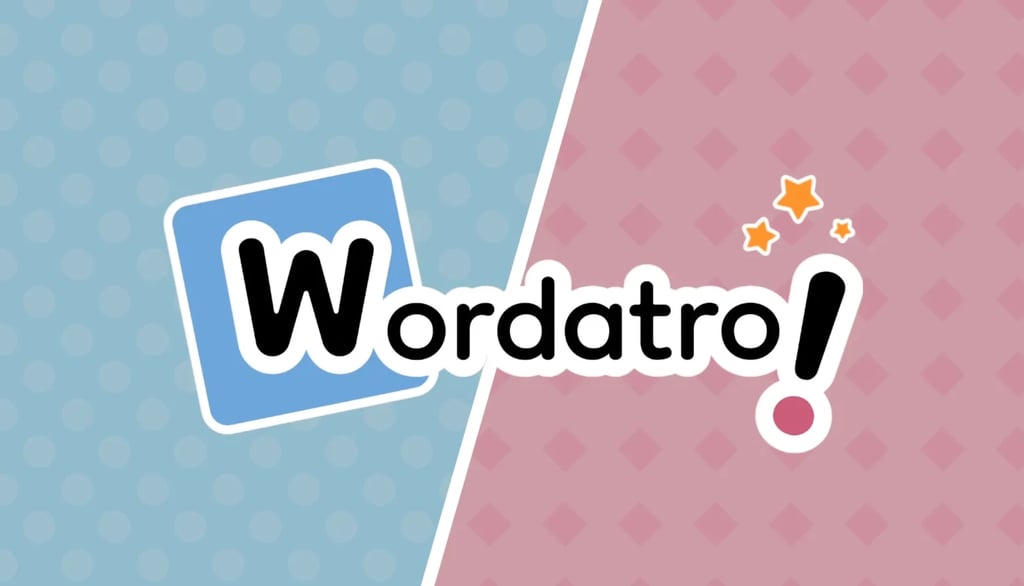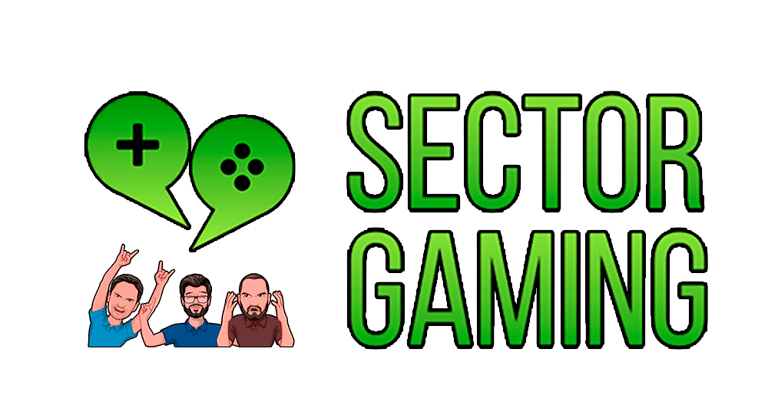Wordatro – An Addictive Cross Between Scrabble and Roguelike
Wordatro is a word puzzle game with roguelike elements that blends the classic mechanics of Scrabble with random strategic twists. Each run challenges you to form words and hit target scores across ten levels, choosing bonuses between rounds that modify the rules of the game. The result is a fresh experience for word-game lovers, featuring daily challenges, customizable difficulty, and a strategic touch that boosts replayability.
REVIEWS
Carles "Zettai"
8/8/20254 min read


Introduction
Word games have entertained generations, from the classic Scrabble to the digital hit Words With Friends. Wordatro takes that familiar formula down a new path: what if you combined a letter game with random upgrades and level progression in roguelite style? Developed by indie studio Le Poulet—led by a single developer—this title was born from the success of Balatro and a love of linguistic pastimes. The goal: to become the perfect mix of vocabulary and strategy.
Since its release, the game has gained fans looking for “the ultimate Scrabble” with a twist. At first glance, it might look like a simple digital crossword, but it quickly becomes clear that here, words don’t just score points—they also trigger combos and special powers. Can Wordatro turn a classic hobby into a deep and addictive experience?
Gameplay and Mechanics
At its core, Wordatro feels familiar: you have a rack of random letters, each with a point value (common letters are worth little, rarer ones are worth more). With these, you must form the best possible word. The score is calculated by adding the letter values and applying a multiplier that increases with word length. The longer and more complex the word, the bigger the reward. This mechanic constantly tests your vocabulary without hints—Wordatro trusts the player’s language skills.
Each run has 10 levels, and the goal of each is to reach a target score with a limited number of turns. If stuck with bad letters, you can reroll your rack or discard up to three tiles for new ones. These tools help offset bad luck, though overusing rerolls may waste opportunities for bonuses.
What sets Wordatro apart are its random and strategic components. After each level, you choose upgrades that carry into the next round. Some boost the value of certain letters, others add multipliers for specific conditions (like using certain letters or making long words), while others bend the rules for powerful combos. For example, the quirky “M.U.L.T.” bonus increases points for every M, U, L, or T used. These house-rule style upgrades keep each run varied, evoking the wild synergies of roguelike card games.
Letter management is another layer: you can add or remove letters from your pool as you progress, shaping your “deck” for future rounds. This introduces deck-builder style thinking: when to go for long risky words, when a short but bonus-triggering word is smarter, and which upgrades to take depending on your letter pool.
The roguelite element, while fun, may feel shallow for strategy veterans. Many bonuses repeat, and some players may want crazier effects that fundamentally change play. Still, for most word-game lovers, the formula works and keeps runs fresh without abandoning the classic essence.
Strategy, Difficulty, and Replayability
A welcome surprise is difficulty customization. Settings adjust targets and turns, making the game accessible to casuals while still challenging experts. This flexibility prevents frustration and ensures broad appeal.
No two runs are alike thanks to randomized letters and upgrade choices across 10 consecutive levels. The mix of chance and decision-making creates strong replayability. Even after dozens of games, you’ll encounter new letter combos and bonus synergies. Losing isn’t punishing—it’s easy to fall into the “just one more” loop that defines roguelikes.
To extend longevity further, Wordatro features daily challenges with fixed seeds, leaderboards, and over 50 achievements, ranging from score milestones to quirky goals like spelling “WORDATRO.” These keep players engaged and encourage friendly competition.
Each run lasts 5–15 minutes depending on speed and success, making it perfect for quick sessions yet addictive enough for hours of play. Replayability is easily its biggest strength.
Visuals and Art Style
The visual style is simple and player-friendly. The UI is clean, with clear displays for letters, scores, multipliers, and active bonuses. It won’t wow with flashy animations, but its cozy, minimalistic look keeps the focus on words. Transitions and highlights are neatly designed, offering enough polish to feel modern without overcomplicating things.
Technically, it runs smoothly even on modest PCs. However, Spanish localization has issues: the “ñ” isn’t included as a separate tile, and rarely used letters like “K” are present but awkward in Spanish. This can cause occasional frustration, though updates could improve it. Beyond that, menus and UI are fully localized, making it very playable in Spanish.
Music and Sound
The soundtrack is soft and relaxing, fitting the calm, thoughtful pace. Chill melodies create a cozy atmosphere without distraction—like solving word puzzles on a rainy day. Effects are minimal but effective: clicks when placing tiles, subtle tones when forming words, satisfying confirmations when scoring. No voice acting is needed here. Together, the soundscape enhances focus and relaxation.
The Good
Original concept mixing word games with roguelite mechanics
Addictive gameplay for word-puzzle fans
Strong replayability thanks to random upgrades, daily challenges, and achievements
Adjustable difficulty for both newcomers and experts
Clean, cozy aesthetic and intuitive interface
The Bad
Spanish dictionary quirks: no “ñ” tile, odd letter balance (e.g., “K”)
Roguelite bonuses could use more variety and boldness
Very niche appeal—if you dislike word puzzles, it won’t convert you
Visuals are functional but unimpressive
Lacks a multiplayer mode, which would add huge appeal
Conclusion
Wordatro is, at heart, a loving homage to classic word games, enhanced with strategic randomness. It doesn’t reinvent the genre but adds a modern twist that hooks you in. Forming the perfect word under pressure is deeply satisfying, especially when bonuses stack for huge scores. Its mix of relaxing presentation and strategic depth makes it easy to lose track of time chasing higher scores.
It’s not for everyone—non-word-game fans may find it repetitive—but for puzzle and vocabulary lovers, it’s highly recommended. Despite minor localization flaws and modest presentation, its design is solid and its gameplay honest. It captures the spirit of “just one more game” perfectly.
Final Score: 7/10
Recommended for:
Fans of Scrabble, Words With Friends, and crosswords
Roguelike players looking for a word-focused twist
Gamers wanting a relaxing yet mentally stimulating short-session game
Wordle-style daily challenge enthusiasts
Available on: PC (Steam)
© 2025. All rights reserved.
And remember, if you’re into games... you’re into Sector Gaming!
